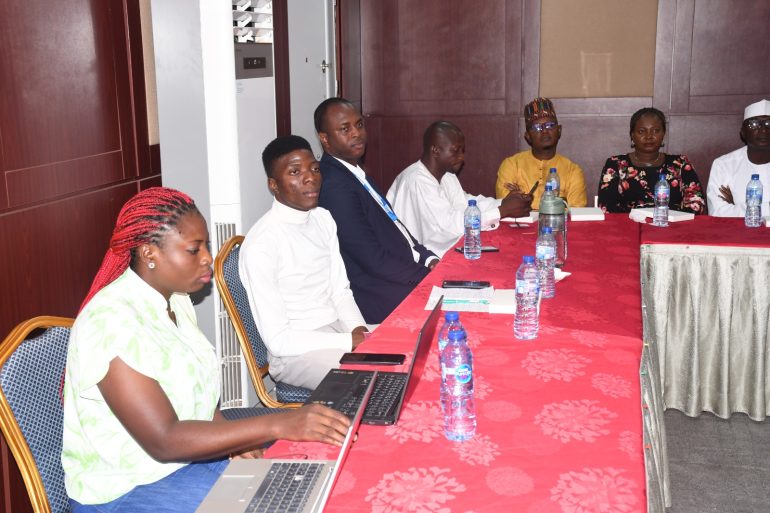Listeners:
Top listeners:
-
play_arrow
Kapital FM 92.9 The Station that Rocks!
FastTrack Implementation Of Accelerated Education Curriculum – Plan International
todayAugust 14, 2023 23 4


Stakeholders advocating for the rights of children have called on government at all levels to FasTrack full implementation of the accelerated education curriculum.
At a two day media engagement in Abuja, the stakeholders said this is to ensure 90 percent of out of school children were reintegrated into the system to reduce the number to the barest minimum.
The Head, Social Development Programme, Plan International Nigeria, Mr. Laban Onesimus
said it was time for elders in the north to change their mindset and ensure every child was not denied the right to education or reliable skills to enable them to be self reliant.
The 24-month project, which is supported by the European Commission Humanitarian Aid & Civil Protection (ECHO), will provide quality formal and non-formal education to a proportion of students out of the formal school to learn alphabeths and numerics along side religious education.

Mr. Onesimus said there was also need to inculcate formal education and religious knowledge side by side to build a better society.
Mr Onesimus explained further that the abandoned policy during president, Good luck Jonathan’s administration would be reviewed to identify lapses to enable stakeholders tackle the menace.
Also speaking at the forum, Mr. Tunde Aremu, who spoke on advocacy and Dialogue: the project’s approach in changing the narratives urged media practitioners to be more proactive in the discharge of their duties as agents of change to ensure their programmes and reportage instigates the desired change needed in the sector.
According to him, the project will focus on improving learning opportunities and a protective environment through strengthened formal and non-formal education services which will no doubt address protection concerns within formal and non-formal schools.
“This will include Tsangaya and Islamiya as well as strengthen knowledge and capacity to assess disaster risks, and develop disaster preparedness plans, in the target states”.
According to him the project is a critical step in providing quality education to children in Sokoto and Adamawa States, many of whom have been out of school for a long time. With effective collaboration from the Sokoto and Adamawa states government and for European Union support, which will enable stakeholders impact on thousands of vulnerable children on the streets.
Florence Adewale, Edited By Grace Namiji
Written by: Elizabeth David
Acceleration Education IMPLEMENTATION KFM929
Similar posts
Recent Comments
No comments to show.-

Kapital Kruise
With Oyinye Agiriga
Unwind and Energize: Join us on an Electrifying Journey as Kapital FM 92.9 Abuja Presents the After-Work Extravaganza! Tune in from 3PM to 9PM and Let the Vibrant Rhythms Ignite Your Spirit. Welcome to the twilight hours...
close Top popular
Chart
-
-
play_arrow
Sunshine Tommy Blues
-
play_arrow
-
-
play_arrow
Red Frank Lee
-
play_arrow
-
-
play_arrow
Eclipse Donna May
-
play_arrow
-
Copyright Kapital FM 92.9 Abuja - The Station that Rocks!









Post comments (0)